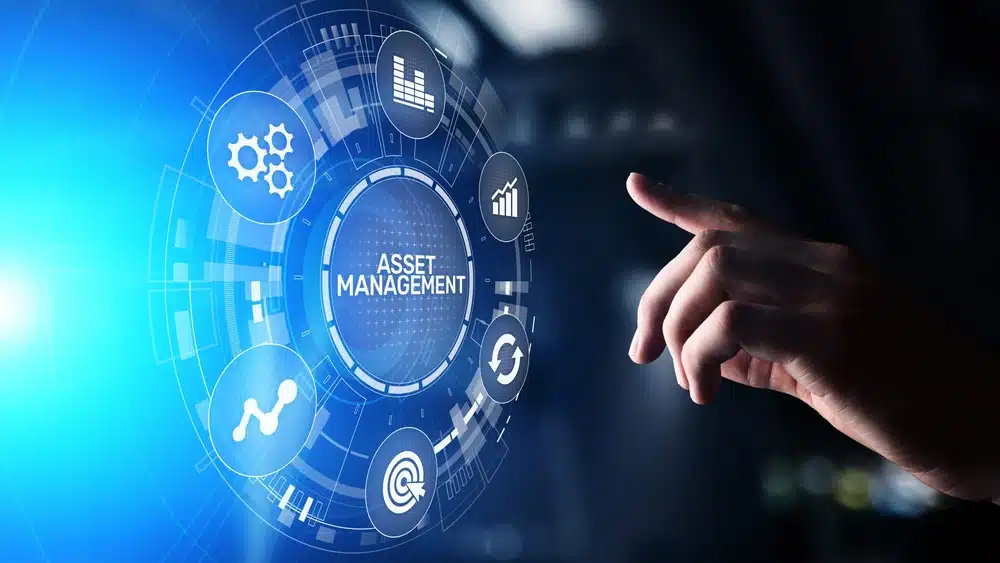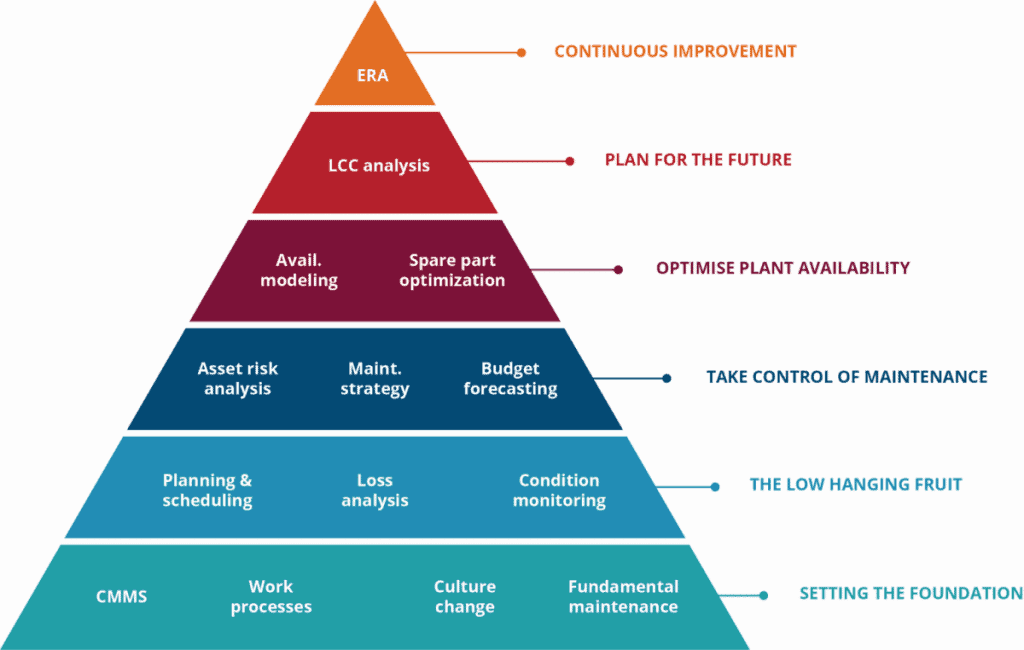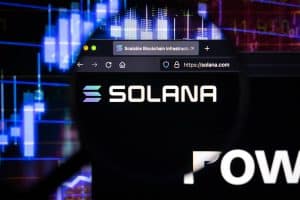Asset Management


What is Asset Management?
In order to reach the goals of an organization, asset management requires achieving a balance between opportunities, expenses, and risks in relation to the intended performance of assets. An organization may also use it to evaluate the performance and need of assets at various levels. Also, it allows the use of analytical methods for asset management across the many phases of the asset’s life cycle (which might begin with the idea of the item’s necessity and continue through its disposal, including managing any possible problems after disposal).

Understanding of Asset Management
Two ways of doing an asset management:
- Insourcing
To insource is to acquire and use software-based goods internally. A variety of publicly accessible IT goods and software solutions is available for investors to use in order to effectively trade, evaluate, and manage their assets. They employ asset management systems that were established outside of their company, which they present, become acquainted with, and use for the own purposes. Through product training classes, investors may develop their own expertise, meanwhile investors may continually increase their expertise and scroll through the market for better items by improving the products on a constant basis.
- Outsourcing
Application of software-based goods by a service provider or asset servicer is referred to outsourcing. The investor has the option to use a contemporary asset servicer instead of managing IT items separately. The service provider gets the investor’s data and incorporates it into its industry-specific systems. The service provider provides assessments, analyses, reports, and processes based on client requirements, and each client may access them through interactive portals.
Latest news about Asset Management
- Deutsche Bank has partnered with Swiss startup Taurus to offer digital asset custody and tokenization services. The bank has applied for a crypto custody license with Germany’s financial watchdog, BaFin, demonstrating its commitment to the digital assets sector. Deutsche Bank is also a stakeholder in Taurus, having participated in a $65 million Series B funding round for the Swiss company. The partnership extends beyond cryptocurrencies, offering asset servicing for tokenized financial assets. The collaboration signifies the convergence of traditional financial services with digital asset technologies, raising questions about the impact on the banking industry and financial markets.
- Crypto asset management products saw inflows for the second consecutive week, totaling $125 million, bringing the total assets under management (AuM) to $334 million. Bitcoin investment products accounted for 98% of digital asset flows, while Multi-asset, Short Bitcoin, and Solana products saw outflows. Ethereum, Cardano, Polygon, and XRP saw modest inflows. Blockchain equities received $6.8 million inflows.
- The Monetary Authority of Singapore (MAS) is partnering with Japan’s FSA, Switzerland’s FINMA, and the UK’s FCA to develop a global alliance on digital asset innovation. The project, known as Project Guardian, aims to streamline policymaking and regulation across borders, focusing on legal, policy, and accounting dynamics for digital assets.
Disclaimer
In line with the Trust Project guidelines, please note that the information provided on this page is not intended to be and should not be interpreted as legal, tax, investment, financial, or any other form of advice. It is important to only invest what you can afford to lose and to seek independent financial advice if you have any doubts. For further information, we suggest referring to the terms and conditions as well as the help and support pages provided by the issuer or advertiser. MetaversePost is committed to accurate, unbiased reporting, but market conditions are subject to change without notice.
About The Author
Viktoriia is a marketing researcher and copywriter with a background in international relations. Her professional portfolio includes the writing of research papers focused on the import and export of products to Europe and Asia. Proficiency in the Chinese language and the time she has spent in China have extended her capabilities to master not only European markets but also those in China and Singapore. While currently living in Italy, Viktoriia continues to deepen her knowledge and skills in marketing and copywriting. Her experience allows her to perform analytical work and create texts on a diverse range of topics, ensuring accessibility to a broad audience.
More articles

Viktoriia is a marketing researcher and copywriter with a background in international relations. Her professional portfolio includes the writing of research papers focused on the import and export of products to Europe and Asia. Proficiency in the Chinese language and the time she has spent in China have extended her capabilities to master not only European markets but also those in China and Singapore. While currently living in Italy, Viktoriia continues to deepen her knowledge and skills in marketing and copywriting. Her experience allows her to perform analytical work and create texts on a diverse range of topics, ensuring accessibility to a broad audience.






















































